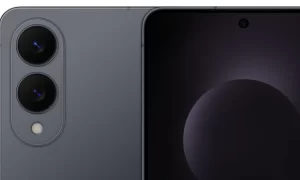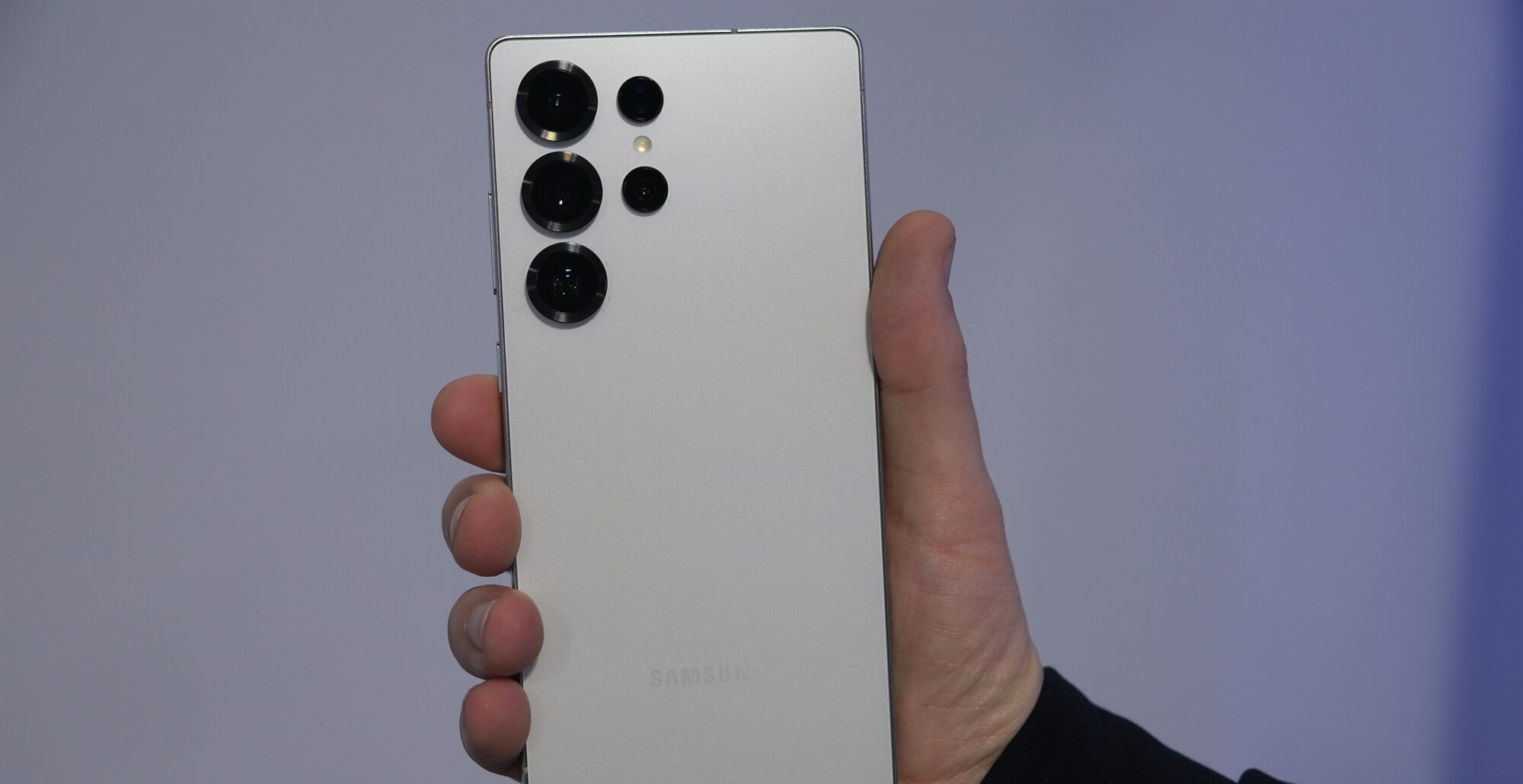Recent reports from Korea suggest that Samsung is considering a fresh approach to branding its Android smartphones. For certain premium models, Samsung could potentially move beyond its well-known “Galaxy” label. This strategic shift aims to distinguish innovative products from the existing Galaxy lineup.
According to E-Today, a reputable news source, Samsung is in the early stages of developing a new branding initiative. The goal is to market high-end smartphones under a name distinct from “Galaxy,” allowing for a clearer identity for its innovative offerings. Lee Young-hee, a senior executive at Samsung, indicated earlier this year that the Galaxy brand has become so extensive that consumers expect a new name when significant advancements occur in technology. This reflects the company’s desire to mark a distinct change in product innovation.
The idea draws parallels to the automotive industry, particularly Hyundai’s Genesis brand, which serves as a separate luxury vehicle line. Just as Genesis sets itself apart from Hyundai’s more mainstream offerings, Samsung seeks to create a unique identity for its premium devices. This could help the company attract consumers looking for cutting-edge technology and exclusive features, separating these products from the broader Galaxy range.
The Galaxy name has become synonymous with Samsung and has played a crucial role in the smartphone market’s evolution. However, as competition intensifies—especially against major rivals like Apple in the U.S.—Samsung’s exploration of a new branding strategy reflects a broader trend in the tech industry. Companies are constantly adapting to market demands and consumer expectations, and branding plays a significant role in that process.
By creating a distinct identity for its premium smartphones, Samsung hopes to emphasize innovation and capture the attention of tech-savvy consumers who are eager for groundbreaking features. As the landscape of mobile technology continues to evolve, it will be interesting to see how Samsung implements this new branding strategy and how it resonates with consumers.
In conclusion, Samsung’s consideration of a new branding approach underscores its commitment to innovation and adapting to market dynamics. This move could potentially redefine how consumers perceive and engage with the brand, ensuring that it remains a key player in the competitive smartphone industry.
Just in: According to reports from Korean media, Samsung is studying the possibility of creating a new brand to separate the premium segment from the Galaxy brand.
— Jukanlosreve (@Jukanlosreve) October 29, 2024






